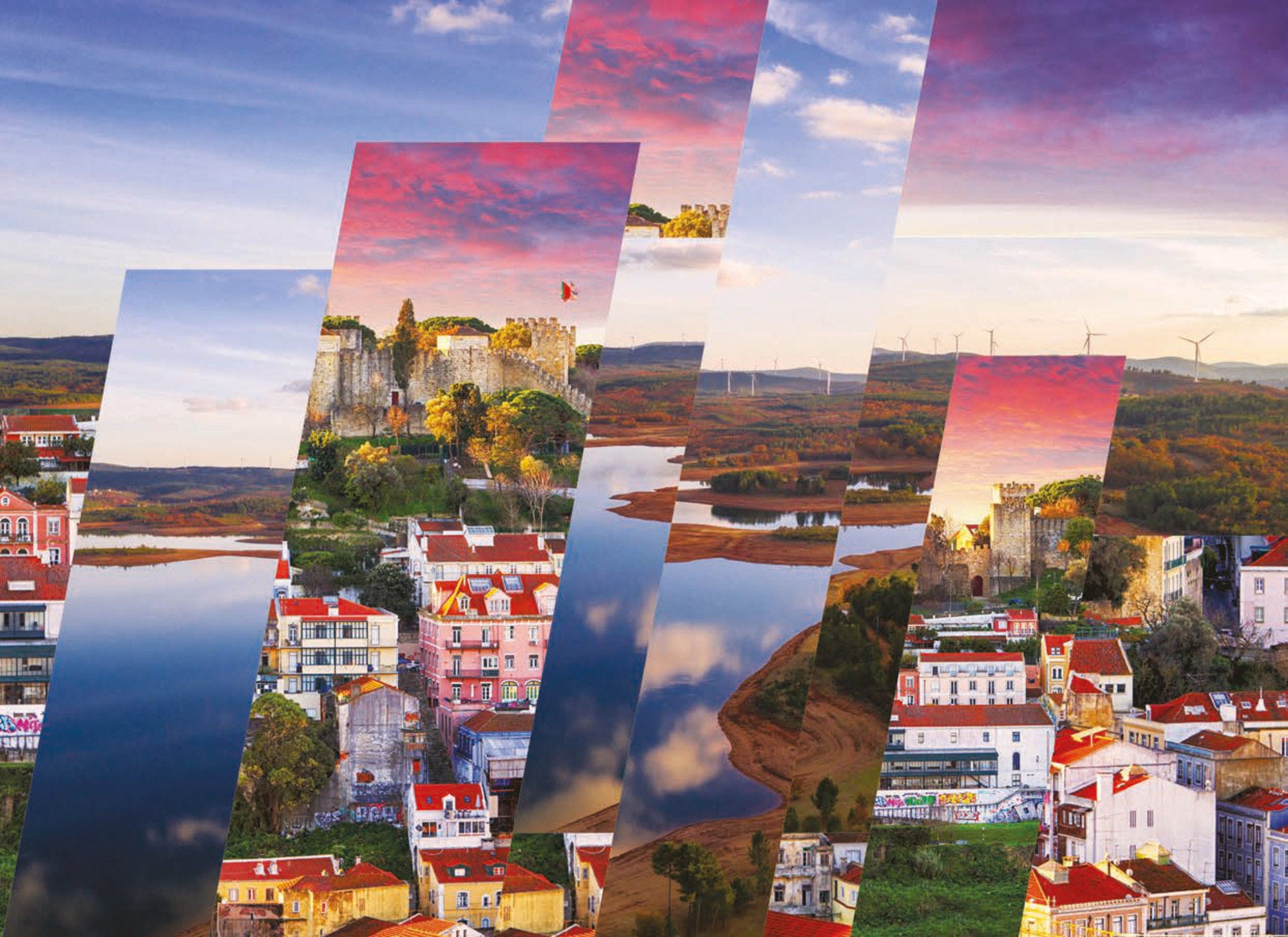Portugal has a small, service-based economy that grew steadily between 2013 and 2019. The country was strongly hit by the pandemic but has been recovering fast since mid-2021. Yet the pace of the recovery is easing. Although Portugal has few direct trade links with these countries, Russia’s war against Ukraine is driving up energy and food prices.
Over the past decade, Portugal managed to decouple energy consumption and major air pollutant emissions from economic growth. The energy mix has shifted from oil and coal to natural gas and renewables, and air quality generally improved. However, material consumption, municipal waste generation and freshwater abstractions have grown at the same rate or faster than gross domestic product (GDP). Portugal is one of the OECD countries with the highest landfilling rates. The status of habitats and species has deteriorated, and agriculture exerts significant pressures on water bodies.
Overall, the country increased access to clean energy (SDG 7), and clean water and sanitation (SDG 6). Nevertheless, major challenges remain to ensure sustainable consumption and production patterns (SDG 12) and protect, restore and promote sustainable use of marine and terrestrial ecosystems (SDGs 14 and 15).
